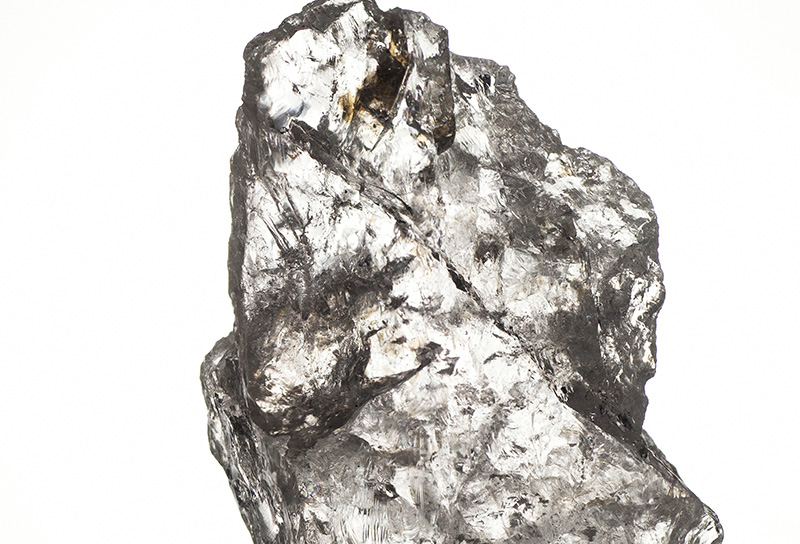
Molybdenum is a trace (micro) mineral found an plants and animals, and only in very small amounts in the human body. Compared to many other minerals less is known about Molybdenum and there have been less studies conducted into the use and effects of it, although there is a consensus that it is essential to life.
One of the main roles Molybdenum plays in the body is as an essential cofactor for many enzymes that are involved in breaking down proteins. It has powerful antioxidant qualities and can aid in alcohol detoxification. It is a sulphur detoxifier, so can aid with sulphite-induced asthma and other symptoms of sulphite sensitivity. Molybdenum is also, along with copper, necessary for the release and utilisation of iron in the body, and therefore helps prevent anaemia.
It can be beneficial for tooth decay as it promotes strong tooth enamel. Molybdenum aids in uric acid production so can be used for the treatment of gout. There are links to anti-cancer properties and use for a general sense of wellbeing.
Deficiency of Molybdenum is very rare, and supplementation is usually to increase its nutritional effects, such as reducing an overload of copper in the body. It works synergistically with vitamin c and zinc so is best supplemented in a product containing both those nutrients such as Trace Nutrients Molyzinc.
Molybdenum, is available in many foods such as: dark, leafy green vegetables, beans, cereal grains, legumes, lentils, meats and sunflower seeds.


